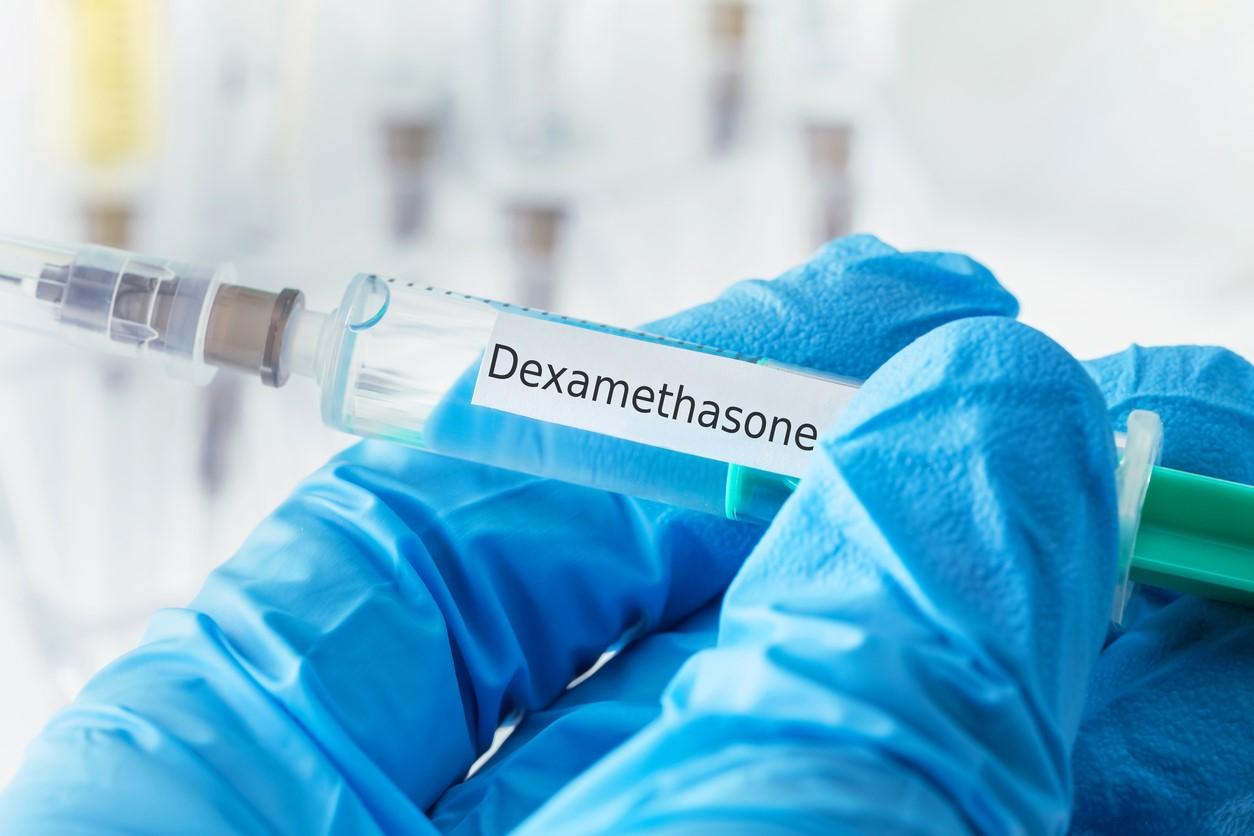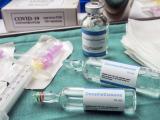JAMA Network Open has published a new US national cohort study demonstrating that early administration of the steroid dexamethasone was associated with significantly reduced odds of mortality or discharge to hospice in those requiring supplemental oxygen or mechanical ventilation and/or extracorporeal membrane oxygenation.
The effect was not seen, however, in patients who did not require supplemental oxygen or noninvasive positive-pressure ventilation.
Systemic corticosteroids are now a standard therapy for those hospitalized for COVID-19, largely because of the positive outcomes seen in the Randomized Evaluation of COVID-19 Therapy (RECOVERY) trial, which showed 6 milligrams of dexamethasone given daily for up to 10 days was associated with a reduction in 28-day mortality in patients requiring supplemental oxygen or mechanical ventilation.
The authors of the current study wanted to tease out the differing effects of dexamethasone on subgroups of 80,000 patients, or cohorts, which included 13,040 (16.2%) patients who did not require supplemental oxygen or respiratory support, 56,368 patients (69.8%) who required supplemental oxygen, 7,618 patients (9.4%) who required noninvasive positive-pressure ventilation (NIPPV,) and 3,673 patients (4.6%) who required mechanical ventilation (MV) and/or extracorporeal membrane oxygenation (ECMO).
All patients were hospitalized for at least 48 hours at 156 hospitals across the United States from July 1, 2020, to October 31, 2021. The median age was 64; 37,606 patients were women (46.6%); 13,230 patients (16.4%) identified as Black, 49,222 (60.9%) as White, 18,247 (22.6%) as other race, and 20,340 (25.2%) as Hispanic ethnicity.
Outcomes were measured during a 30-day time frame.
Greatest benefit in those requiring supplemental oxygen
Early use of dexamethasone was associated with reduction in in-hospital mortality or discharge to hospice for patients receiving supplemental oxygen (adjusted odds ratio [aOR,] 0.92; 95% confidence interval [CI], 0.86 to 0.98) and MV and/or ECMO (aOR, 0.82; 95% CI, 0.68 to 0.99).
In contrast, all-cause inpatient mortality or discharge to hospice was not lower for patients who received dexamethasone in the no supplemental oxygen group (aOR, 0.90; 95% CI, 0.78 to 1.03) and in the NIPPV group (aOR, 0.87; 95% CI, 0.73 to 1.04), the authors found. There was neither benefit nor harm seen from steroid use in this group.
Patients requiring supplemental oxygen were more likely to report two or more comorbidities, the authors said. Older patients were also more likely to require supplemental oxygen, which means older adults and those with significant comorbidities likely benefit the most from dexamethasone.
"Although we did not observe harm from administering dexamethasone in younger, healthier patients, these results suggest that respiratory status alone does not determine the efficacy of dexamethasone and that patients who are more likely to have worse outcomes from COVID-19 may also be the patients who benefit most from therapy," the authors wrote.
The authors also said their study did not establish the relationship between antiviral use and corticosteroids. One-third—a total of 25,200 patients in the study—were treated with remdesivir before initiating dexamethasone as specified.
Patients receiving supplemental oxygen who were not receiving remdesivir saw benefit with dexamethasone.
"Although our study was not designed to assess the effect of remdesivir on the primary outcome, patients receiving MV and/or ECMO who received remdesivir saw greater benefit with dexamethasone," the authors said. "In addition, patients receiving supplemental oxygen who were not receiving remdesivir saw benefit with dexamethasone."
Overall, the authors said the results of this study suggest dexamethasone remains a beneficial therapy for those hospitalized with COVID-19.




















